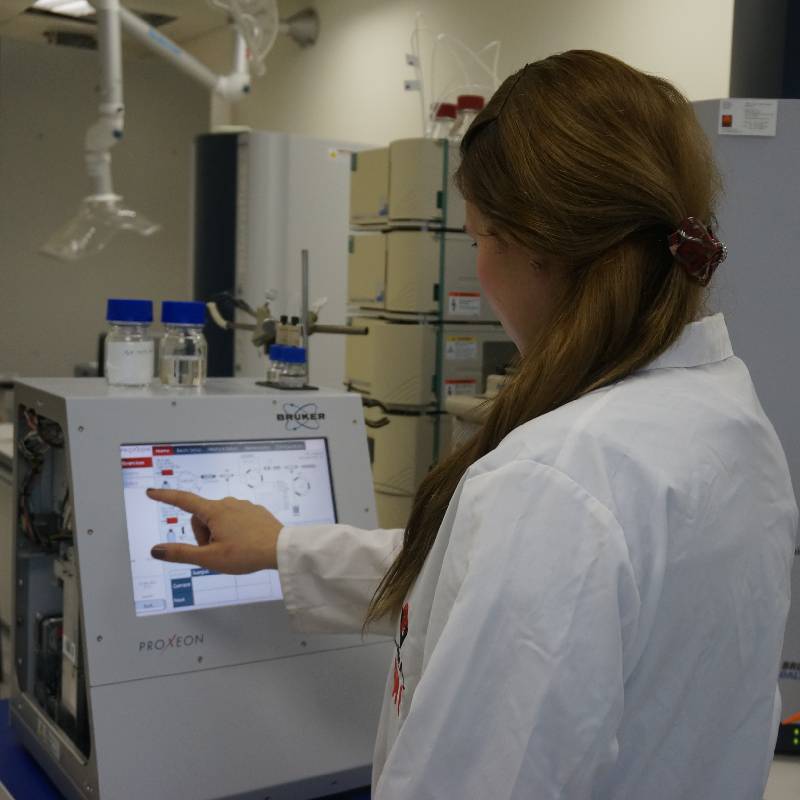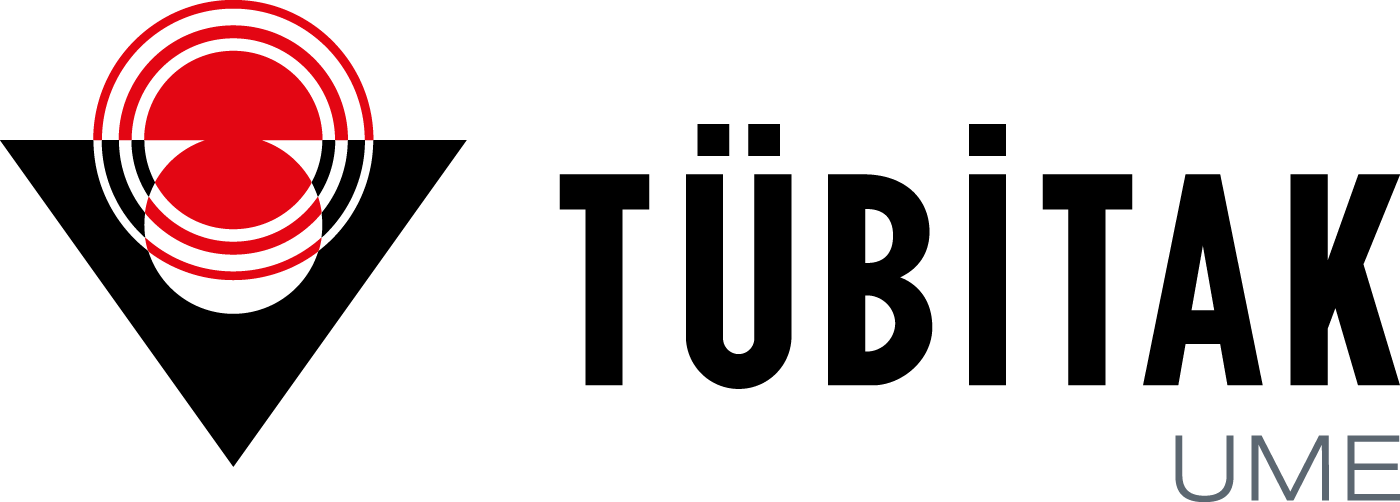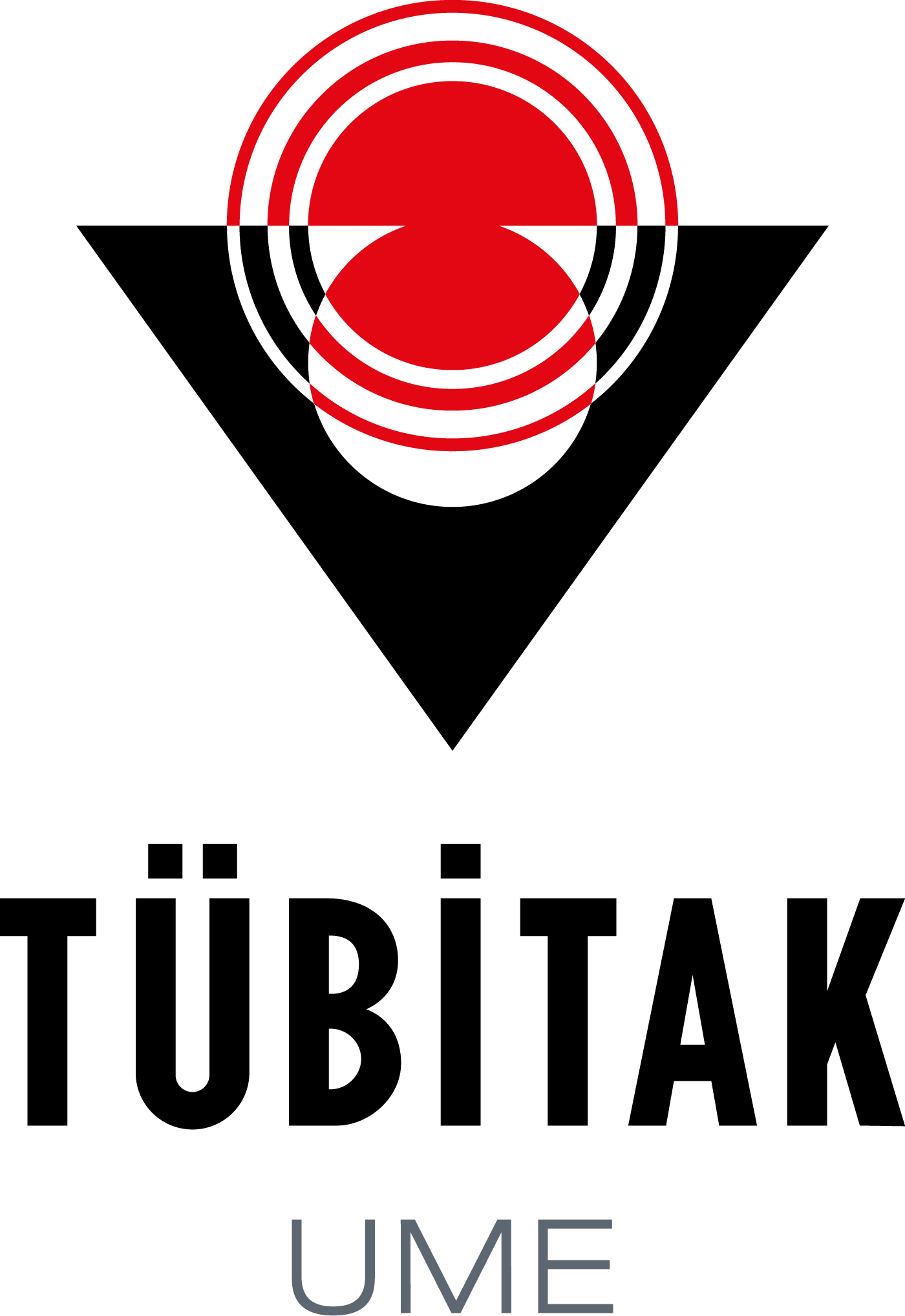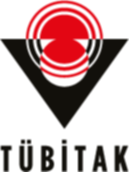UME
Organic Chemistry Laboratory
About Us
The main purpose of TÜBİTAK UME Organic Chemistry Laboratory is to establish cooperation with relevant institutions and organizations, to provide support and to carry out the necessary studies in order to carry out industrial, legal and scientific activities in the field of Organic Chemistry at national and international level in an accurate and reliable manner. For this purpose, method development and method validation studies are carried out and uncertainty values are calculated for new measurement methods. International studies are carried out within the metrological hierarchy to ensure the traceability of chemical measurements and the international comparability of their results.

Fields of Activity
The Organic Chemistry Laboratory carries out activities aimed at improving the quality of measurements in the field of organic chemistry and ensuring the traceability of measurements throughout the country. For this purpose, measurement studies are carried out in the laboratory, projects are carried out in fields such as environment, food safety, clinical-health, energy at national and international level, certified reference materials are produced and training and consultancy services are provided in these fields.
Since 2006, we have been cooperating with the Energy Market Regulatory Authority to produce, distribute and control National Marker, which is added to fuel oils in distribution in Turkey.
Organic Chemistry Laboratory also represents Turkey in its field of expertise at the international level. In this context, EMRP, EMPIR and EMN project partnerships, EURAMET TC-MC and CIPM CCQM representations are carried out. Participation in international comparisons and the publication of CMC (Calibration and Measurement Capabilities) tables in the key comparison database ensure metrological competence in the international arena.
Services Provided
- Isotope analysis of d13C/12C, d2H/1H, d18O/16O, d15N/14N in different matrices
- NMR measurements
- Determination of antibiotics in meat, milk and honey
- Purity determination of organic compounds
- Determination of Chlorinated Pesticides in Tea
- Determination of d2, d3, 3-epi-25-Hydroxyvitamin d3, Cholesterol, Glucose and Creatinine in serum
- Determination of Coenzyme Q10, vitamins, Methyl Sulfonyl Methane, Chondroitin, Glucosamine, beta 1,3-1,6 glucan in food supplements
- Determination of EPA, DHA and total fat (fish oil) in fish oil sample
- Determination of Benzoic Acid, Methyl Paraben, n-Butyl Paraben, Sorbic Acid and Propionic Acid in Water Based Flavors, Water Based Beverages, Water, Soy Sauce
- Determination of Sodium Benzoate and Potassium Sorbate in Ketchup
- Beta Cyanalanine (BCA) and Gamma Glutamyl Beta Cyanalanine (GBCA) Determination in Lentil
- Determination of BDE-47 in Sediment
- Determination of PAHs in plants and vegetable oils and organic solvents
- Determination of AFB1, AFB2, AFG1, AFG2 and Total AF in Fig
- Determination of Urea and Uric Acid in Biological Matrix
- Determination of Amino Acids in aqueous solution
- Determination of Ethanol in Water
- Non-porous Silicon Dioxide (SiO2) and Specific Adsorption and BET Specific Surface Area Determination in Zeolite
- Determination of Phthalate Esters in Polyvinyl Chloride
- Determination of Fipronil - Sulfone in Chicken Egg Powder
- Determination of L-PFOA and L-PFOS in groundwater
- Determination of Deoxynivalenol and Patulin in Acetonitrile
- Determination of Zearolenone in Maize
- Breathalyzer Conformity Assessment
- Consultancy Services
Calibration / Testing Services
Training Services
Consultancy Services
Technical Hardware and Equipment
- Liquid Chromatography Mass Spectrometry LC-MS/MS (Ion Trap, Triple Quadropole, TOF)
- Gas Chromatography Mass Spectrometry, GC-MS, GC-MS/MS (Quadropole, Ion Trap, Triple Quadropole)
- Isotope Ratio Mass Spectrometry EA, GC, LC, TCEA - IRMS
- Liquid Chromatography Systems, HPLC-UV-PDA
- Gas Chromatography Systems, GC-FID
- UV-Vis-NIR Spectrometer
- Fluorescence Spectrometer
- Raman Spectrometer
- FTIR Fourier Transform Infrared Spectrometer
- NMR (700 MHz, 600 MHz, 400 MHz, 60MHz)
- BET Specific Surface Area Meter
- SEM (Scanning Electron Microscope) Scanning Electron Microscope
- KF (Karl Fischer) Moisture Analyzer
- TGA Thermal Gravimetric Analysis
CHEMISTRY GROUP
Projects and Collaborations
National marker is a product added to the fuel to be marketed in the country, at the exit of the refinery, at customs entry, as a by-product in the industry or in other ways, or to the fuel that complies with the technical regulations from the liquidated smuggled petroleum, or to the ethanol to be blended into gasoline types, before it is subject to commercial activity, by the legal entities holding the relevant license, under the conditions and at the level determined by EMRA. In accordance with the "Regulation on the Application of National Marker in the Petroleum Market" prepared in accordance with the Petroleum Market Law No. 5015 in order to prevent fuel smuggling, it has been added to gasoline, diesel, biodiesel and ethanol to be blended with gasoline by distribution companies and refineries authorized by EMRA since 01.01.2007. The National Marker was developed by TÜBİTAK UME and is continuously updated. The activities carried out by G3OK within the scope of the National Marker application (production, quality control, certification, distribution-delivery, technical support in field inspections, call center, reference laboratory measurements, official letters) continue successfully without interruption. The amount of fuel oil offered for sale in Turkey averages 35 million m3 The National Marker application in the sector functions as a serious market control tool for our country and paves the way for the efficient use of national resources by preventing tax evasion.
The aim of this project is to provide the Saudi Standards, Metrology and Quality Organization National Measurement and Calibration Center (SASO - NMCC) with the basic infrastructure for metrology laboratories in the fields of Wavelength, Temperature, Impedance, Pressure, Mass, Dimensional Measurements and Force, and to provide the necessary training and consultancy services.
These projects have served to increase the experience of TÜBİTAK UME personnel in international projects as well as their knowledge and capabilities for the establishment of new laboratories. TÜBİTAK UME also benefits from its increased visibility in the Middle East and North Africa.
Various organic/inorganic sensor molecules/systems have been designed and synthesized for the detection and determination of species important for environmental and human health (heavy metals, anions, toxic gases, biological agents (virus proteins, hormones, amino acids, etc.) and target analytes have been detected and determined with high sensitivity and selectivity.
This project aimed to detect the proteins of SARS-CoV-2 virus, which causes COVID-19 disease, easily and quickly by creating a gold nanoparticle-based sensor platform with optical and electrochemical measurement methods. As a result of the success of the project, a new one has been added to the measurement methods in the literature and has become an alternative method for the production of different kits and/or devices based on this strategy.
A method has been developed for the separation of certain metals by two-stage leaching on electronic wastes, and studies have been carried out on the synthesis and applications of carbazole hexachlorocyclotrifosphazene-based porous polymers and derivatives that provide high selectivity capture and recovery of precious metals and especially gold in the solution obtained after second stage leaching.
For more informationContact Us
Email: ume@tubitak.gov.tr
Phone: 0 (262) 679 5000





